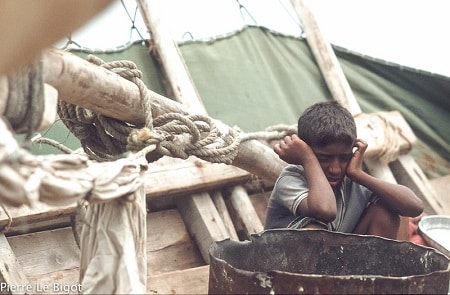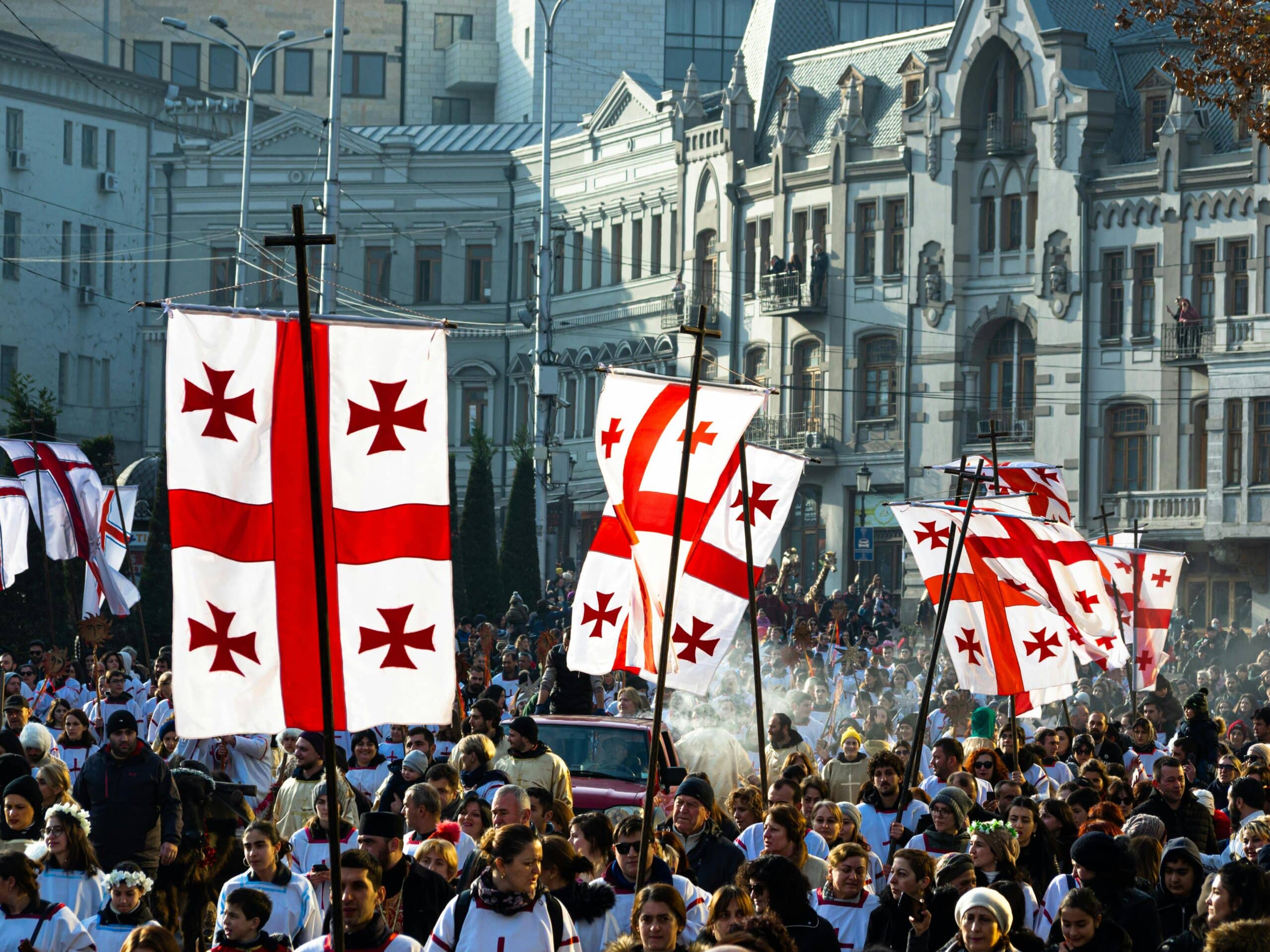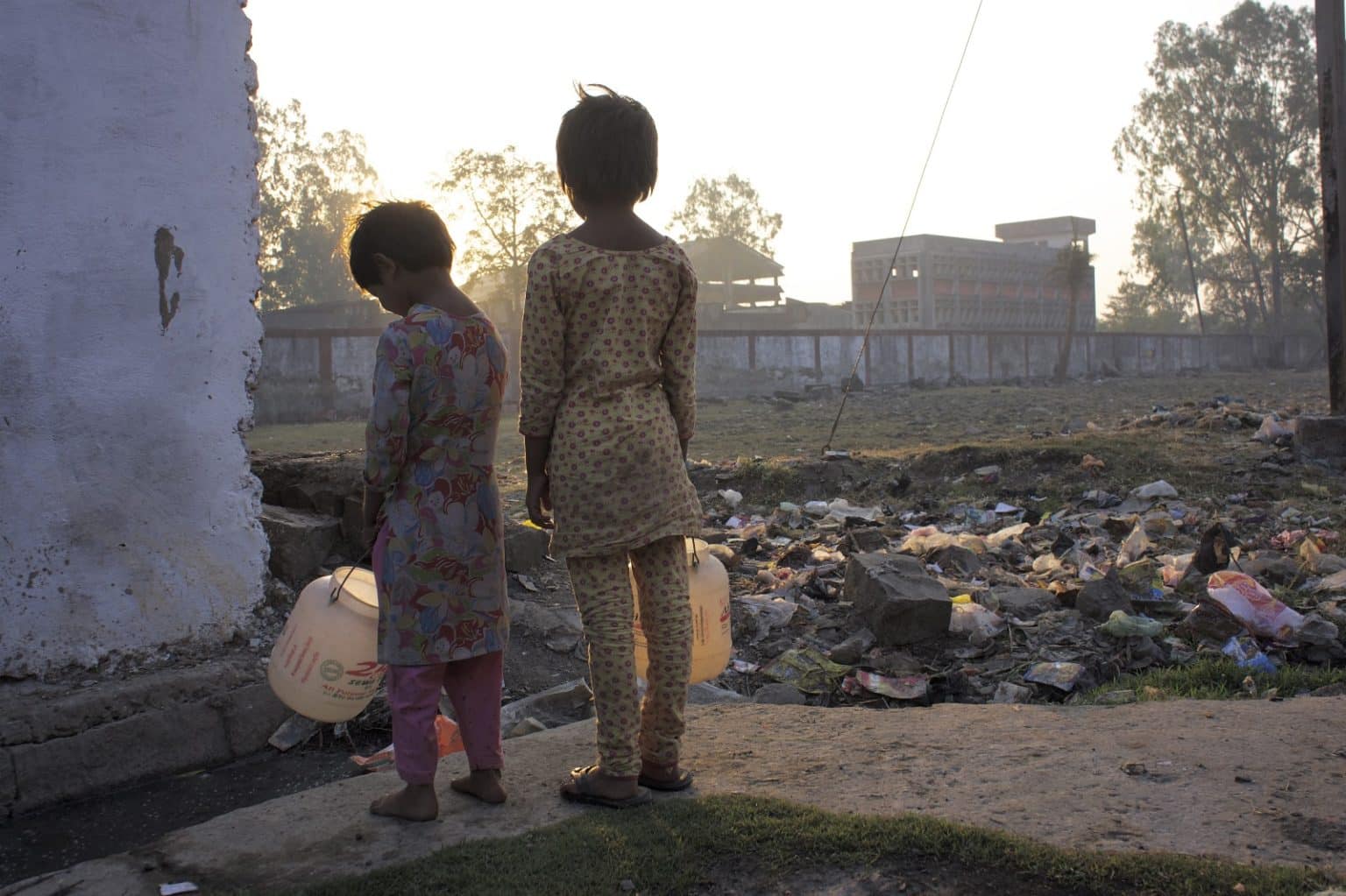Yemen's civil war continues, after seven years of unrest. It all started during the Yemeni Revolution in 2011-2012, when the government of Ali Abdullah Saleh was overthrown. But the historical roots of the conflict go back much further, to the eight-year civil war between republican and royalist forces that began in the September Revolution of 1962. The imam/king Muhammad al-Badr was then expelled to the mountainous region. The newly proclaimed Yemeni Arab Republic was immediately recognised by the United States and the Soviet Union, and Yemen obtained a seat in the United Nations General Assembly.
Local divisions
During that war, tribes in the North were torn apart by conflict, dissent and other splits. The revolution had promised the abolition of social inequality and birthright privileges and a more equitable distribution of political participation, economic resources and development. However, sheikhs benefited disproportionately from the republican system. At the local level, they were in many ways the Republic itself. This created a patrimonial structure in which political power was tied to individuals rather than institutions.[1])
Resistance rises
Since the mid-1980s, a resistance movement began and grew rapidly. These rebels in the North, the Houthis, are backed with arms by Iran, making them also a danger on Saudi Arabia's (SA) southern border (Iran and SA are arch enemies). The coalition of the current government are SA and the United States. Together with the UK and France, they supply billions of dollars' worth of arms to Saudi Arabia and the UAE to force the rebels to a standstill. Thus, the civil war has effectively turned into an international war.
Both sides are guilty of war crimes against innocent Yemeni civilians. Both sides are accused of using starvation as a weapon, something that is fundamentally against international law of war. Food supplies have been cut off by the closure of the capital's Sana'a airport and Hudaydah seaport. The continued closure also prevents essential medical supplies and equipment from entering the country. It is a major contributor to one of the world's most acute humanitarian crises. And the hatred and violence of bombings of residential areas, of schools, hospitals and mosques, and by ground forces are only increasing.
Citizens pay the price
Across the country, civilians are paying a high price. Armed groups control the territory and exercise their authority with complete disregard for human rights and international humanitarian law. The UN Human Rights Council (HRC) quashed an ongoing investigation into possible war crimes in Yemen. On 7 October, it rejected a draft resolution that would have continued the mandate of this UN expert group for two more years. This is the first time in its 15-year history that a resolution has been rejected. Although international alarm bells are sounding, the many gross human rights violations continue.
It is clear that the international community and diplomatic efforts have so far failed miserably to achieve or bring about a peaceful solution to the war in Yemen. Moreover, within the warring parties there are divisions among themselves based on religion, among other things, there are separatists alongside pro-government groups in the South while groups from Isis and Al Queda are also asserting their influence. Of the 250,000 people killed, 85,000 are children. Millions of residents have been displaced. Fifteen million people face famine in what could be one of the world's biggest humanitarian crises. The economy has been hugely damaged. GDP in 2015 was $43 billion, by 2020 it had more than halved at $21 billion. This while the population has grown from 25 million to 30 million. In these economic conditions, it is incredible how the people of Yemen can still survive.
By: Johan P. Buwaldo - former UNDP staff member in the field of post-disaster and post-conflict reconstruction with project experience in Yemen
Photo: Flickr
[1]) TRIBES AND POLITICS IN YEMEN, a history of the Houthis conflict: Dr Marieke Brandt, anthropologist at Austrian Academy of Sciences of the Institute for Social Anthropology in Vienna





